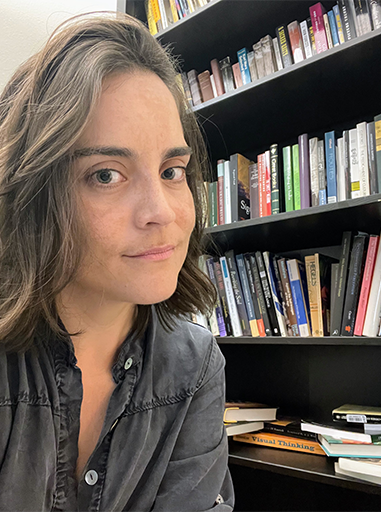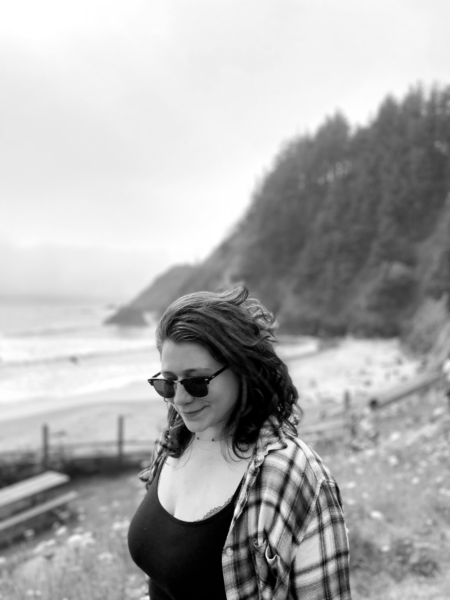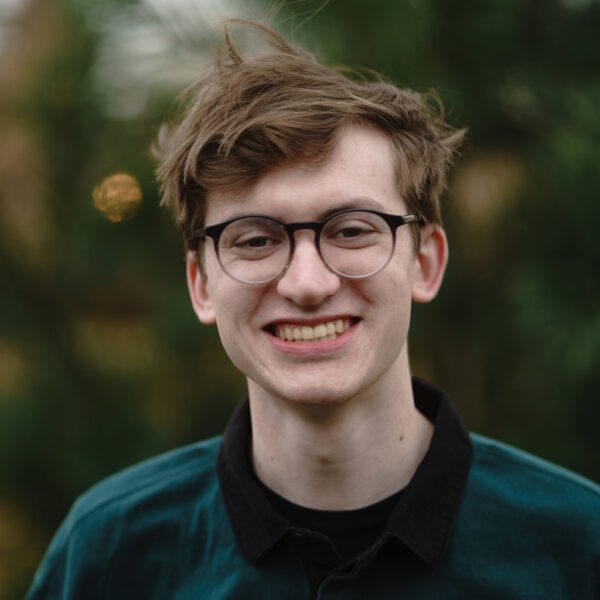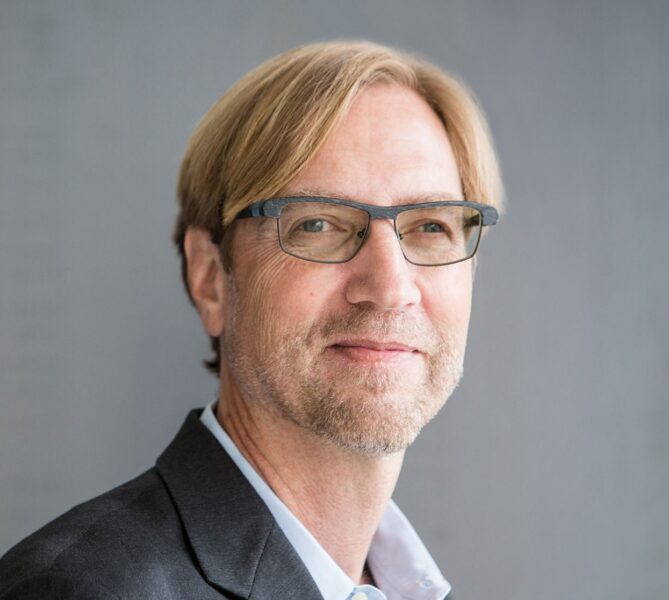Fringe politics today is highly diverse and dynamic, reflecting the rapid social, technological, and economic changes of the 21st century. While the term “fringe” suggests ideas or movements outside the political mainstream, many fringe ideologies have increasingly influenced, or even reshaped, national and global political landscapes.
This panel brings together a group of UC Berkeley graduate students from the fields of geography, anthropology, and sociology for a discussion on politics on the fringe through the lens of such topics as QAnon, religious studies, and California secessionism. The panel will feature Josefina Valdes Lanas, PhD candidate in Anthropology at UC Berkeley; Alexis Wood, PhD student in Geography at UC Berkeley; Peter Forberg, PhD student in Sociology at UC Berkeley. Paul Pierson, Professor of Political Science at UC Berkeley, will moderate.
Co-sponsored by the UC Berkeley Department of Geography, the Department of Sociology, the Charles and Louise Travers Department of Political Science at UC Berkeley, the Berkeley Economy and Society Initiative (BESI), and the Berkeley Center for Right-Wing Studies.
Panelists
 Josefina Valdes Lanas is a PhD candidate in Anthropology at UC Berkeley. She researches religious imagination and mystical practices in contemporary Catholicism in its relation to neo-liberal economics and secular citizenship. Using the methods of linguistic anthropology, Lanas analyzes spiritual exercises deeply entrenched in Christian theology that are being transformed by the moral governance of liberal ideologies.
Josefina Valdes Lanas is a PhD candidate in Anthropology at UC Berkeley. She researches religious imagination and mystical practices in contemporary Catholicism in its relation to neo-liberal economics and secular citizenship. Using the methods of linguistic anthropology, Lanas analyzes spiritual exercises deeply entrenched in Christian theology that are being transformed by the moral governance of liberal ideologies.
 Alexis Wood is a PhD student in Geography at UC Berkeley, researching the growing intersections between climate change, digital geographies, and rural socio-political movements. She is particularly interested in secessionist state movements, and how participants incorporate heightened levels of climate anxiety with existing feelings of rural marginalization in the physical and digital landscapes. Wood is both a theorist and geospatial analyst, a human geographer and a physical geographer, and looks to integrate these often separated fields/specializations through experimental geospatial methods and cartography.
Alexis Wood is a PhD student in Geography at UC Berkeley, researching the growing intersections between climate change, digital geographies, and rural socio-political movements. She is particularly interested in secessionist state movements, and how participants incorporate heightened levels of climate anxiety with existing feelings of rural marginalization in the physical and digital landscapes. Wood is both a theorist and geospatial analyst, a human geographer and a physical geographer, and looks to integrate these often separated fields/specializations through experimental geospatial methods and cartography.
 Peter Forberg is a PhD student in Sociology at UC Berkeley. He joined the department in 2023 after completing a BA in sociology and an MA in digital studies of language, culture, and history at the University of Chicago. Forberg is interested in how new media and technology are altering processes of governance, political organizing, and knowledge production and has published work in the Journal of Contemporary Ethnography, American Behavioral Scientist, and Frontiers in Sociology.
Peter Forberg is a PhD student in Sociology at UC Berkeley. He joined the department in 2023 after completing a BA in sociology and an MA in digital studies of language, culture, and history at the University of Chicago. Forberg is interested in how new media and technology are altering processes of governance, political organizing, and knowledge production and has published work in the Journal of Contemporary Ethnography, American Behavioral Scientist, and Frontiers in Sociology.
 Paul Pierson is the John Gross Distinguished Professor of Political Science at UC Berkeley, where he also directs the newly established Berkeley Economy and Society Initiative (BESI). Pierson is the author or co-author of six books and numerous journal articles, along with a wide range of popular writings on American politics and public policy. Professor Pierson’s latest book is Let Them Eat Tweets: How the Right Rules in an Age of Extreme Inequality, which shows how, over the last forty years, reactionary plutocrats and right-wing populists have become the two faces of a party that now actively undermines democracy to achieve its goals against the will of the majority of Americans.
Paul Pierson is the John Gross Distinguished Professor of Political Science at UC Berkeley, where he also directs the newly established Berkeley Economy and Society Initiative (BESI). Pierson is the author or co-author of six books and numerous journal articles, along with a wide range of popular writings on American politics and public policy. Professor Pierson’s latest book is Let Them Eat Tweets: How the Right Rules in an Age of Extreme Inequality, which shows how, over the last forty years, reactionary plutocrats and right-wing populists have become the two faces of a party that now actively undermines democracy to achieve its goals against the will of the majority of Americans.
